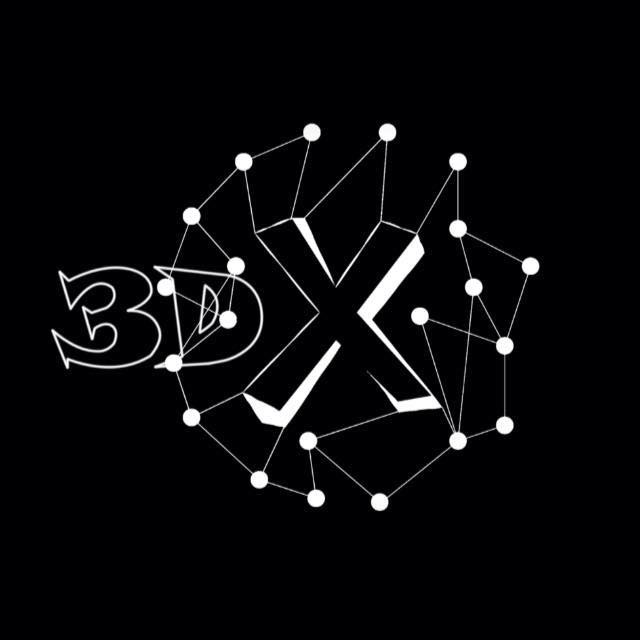At the beginning of the year, Eglantinë Avdiu and Gresë Murati, psychology students, and Shend Stavileci, an architecture student, started the implementation of a project “3DX” which is dedicated to people with Down Syndrome and is supported by UNICEF Innovations Lab Kosova.
The main objective of the project is training people with Down Syndrome and setting up a social enterprise, which would employ four of them.
The project is being implemented in the environments of Down Syndrome Centre in Mitrovica, which has not seen any activity for two years now, and children with Down Syndrome have only had a medical team at their disposal.
In a way, the initiative of these three students marks the Centre’s revitalization.
Four workshops with a total of 14 individuals with Down Syndrome have been implemented so far within the framework of this project. They visit the Center every day and create designs for mobile phone cases.
Eglantina believes that through these activities they will succeed in fulfilling their idea, and thus help these individuals become more active and financially independent.
These young people say that they were also strongly supported from the director of this Centre, Edita Bilalli, whom they agree with that children with Down Syndrome need to work as well.
“We have seen that children under 18 years old are included in inclusive schools and some are engaged in special schools. But those who are over 18 years old do not continue their education. They don’t even have any opportunity to get a job,” Eglantina explains.
According to her, the project also foresees a type of “payment” for four people over 18 years of age, with the income earned from sales.
Gresë Murati, a psychology student who is part of this project, told KosovaLive that the term “3DX” was introduced during the workshop. “3D refers to the three-dimensional printer, with which the cases will be designed, whereas “3X” stands for the three copies of chromosome 21.
As Murati says, the idea for the name also arose because there are three people in the team.
“It’s such a good feeling seeing that perhaps through very small steps or a very small project, we are doing something great for our country” Murati says.
Shendi, her colleague, is also enthusiastic about the progress of this project.
“You can achieve something great with a little work and a lot of love. All you need to do is to never stop dreaming and in the meantime work towards realizing your dreams”, he says.
Edita Bilalli, the director of the Down Syndrome Kosova Centre in Mitrovica, is glad for these workshops, as due to the lack of budget, daily activities with children had come at a halt.
Almost half out of 25 people in total, who are over 18 years old and had previously visited the Centre, have been engaged in the project, hopeful that they will get a job in the future.
“Young people have shown great interest since they also need a space to prove themselves, because they too are competent and productive for their community”, Bilalli says.
It is not the first time that children with Down Syndrome are into designing: in one of the activities, few years ago, they had to design greeting cards.
Eglantina, Gresa and Shendi are contemplating a new idea for design, as a follow up of their current project.
“There will be an interrelation between constellations and love in the designs. The slogan of this project is ‘Three times more love’, given that these people are so loving and friendly with people”, Eglantina says.
She adds that so far numerous local companies have shown their interest in having phone cases designed with their logos. A company has requested 100 cases designed with the company logo for the entire staff. The National Gallery of Kosovo had a similar request.
In the Down Syndrome Kosova Centre in Mitrovica there are currently 65 registered people with this syndrome from 1 to 57 years of age.
Shkurta Berisha










